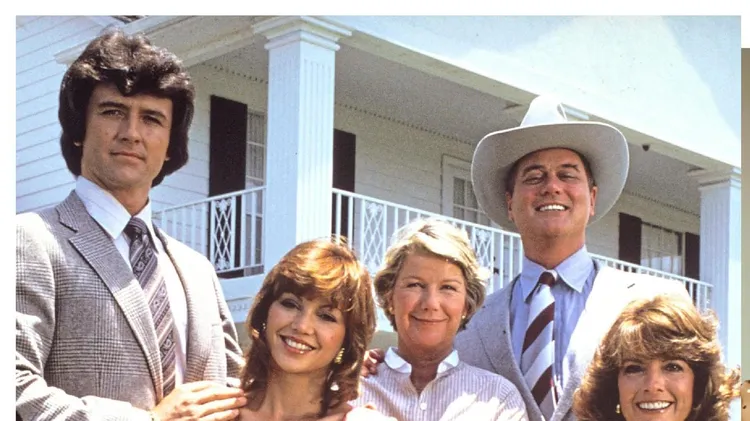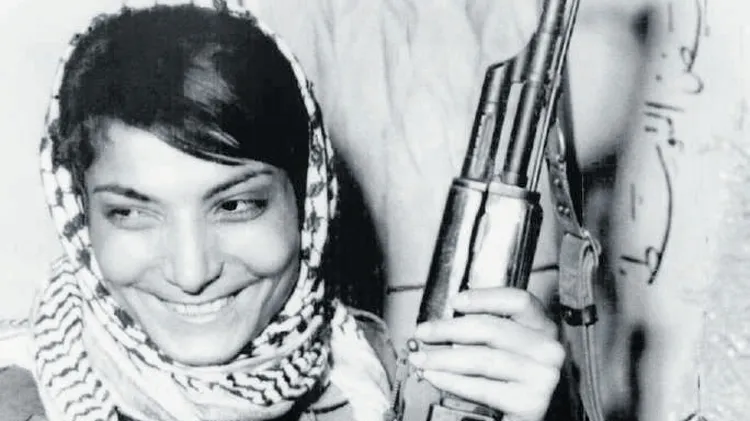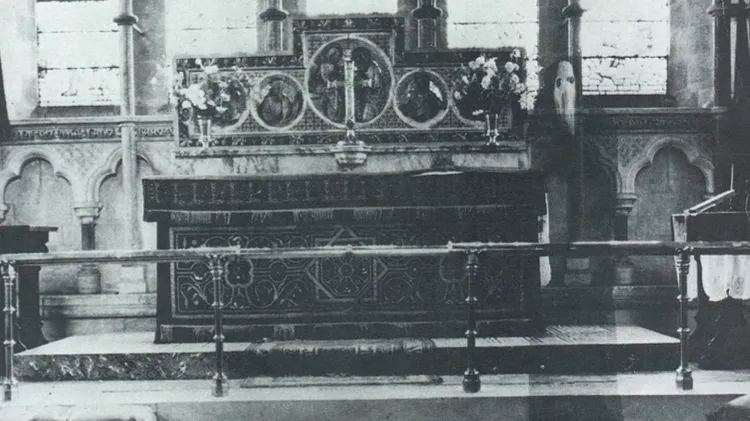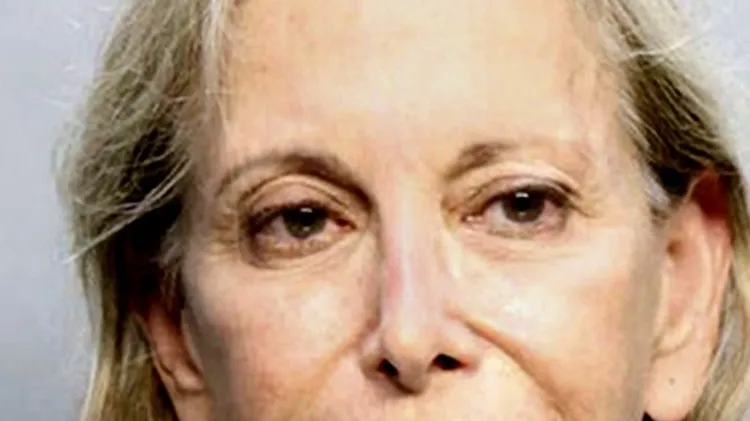Rob Attar investigates the en
Who shot jfk? was elizabeth i a man? did aliens land at roswell?
10 min read
This article is from...
Read this article and 8000+ more magazines and newspapers on Readly






